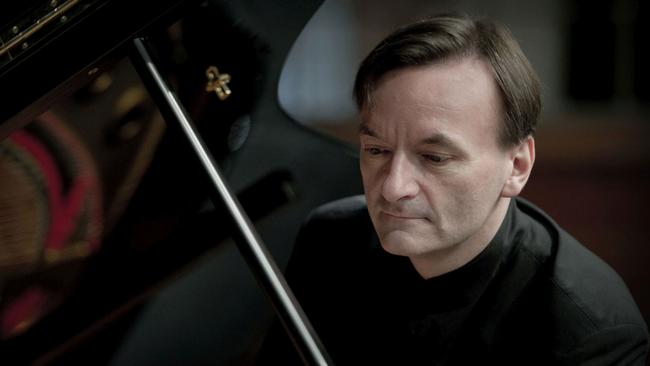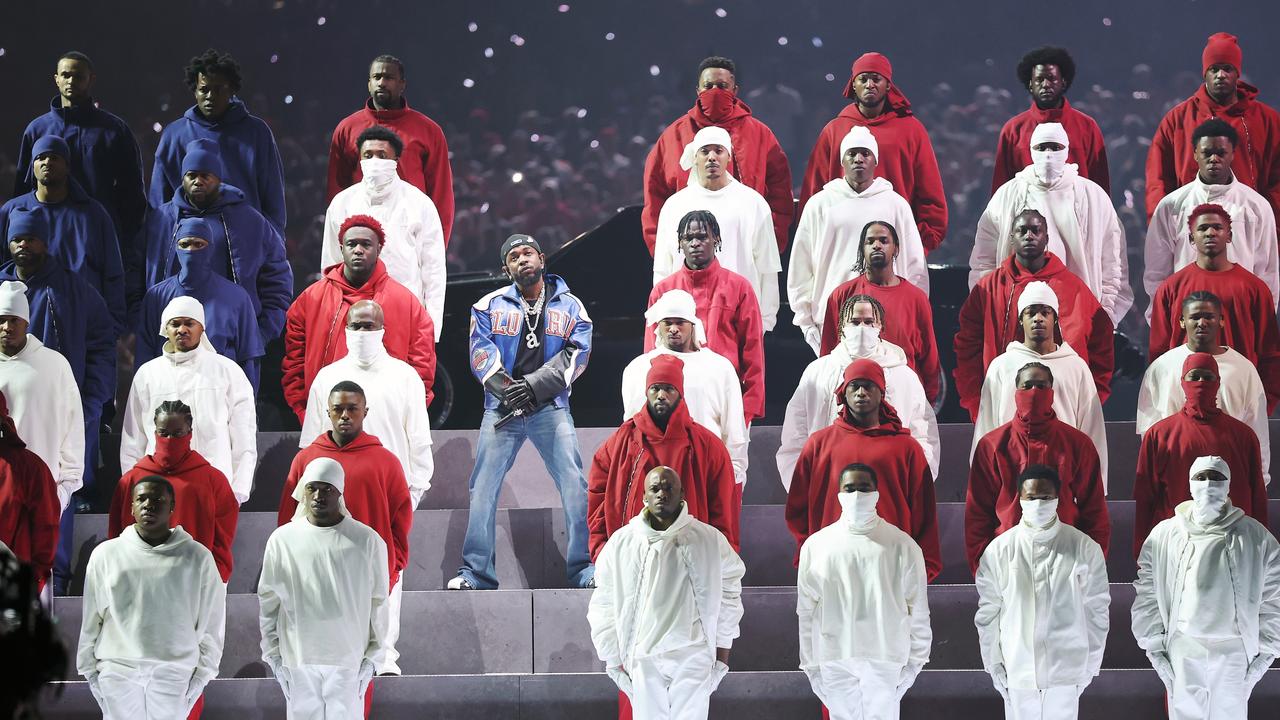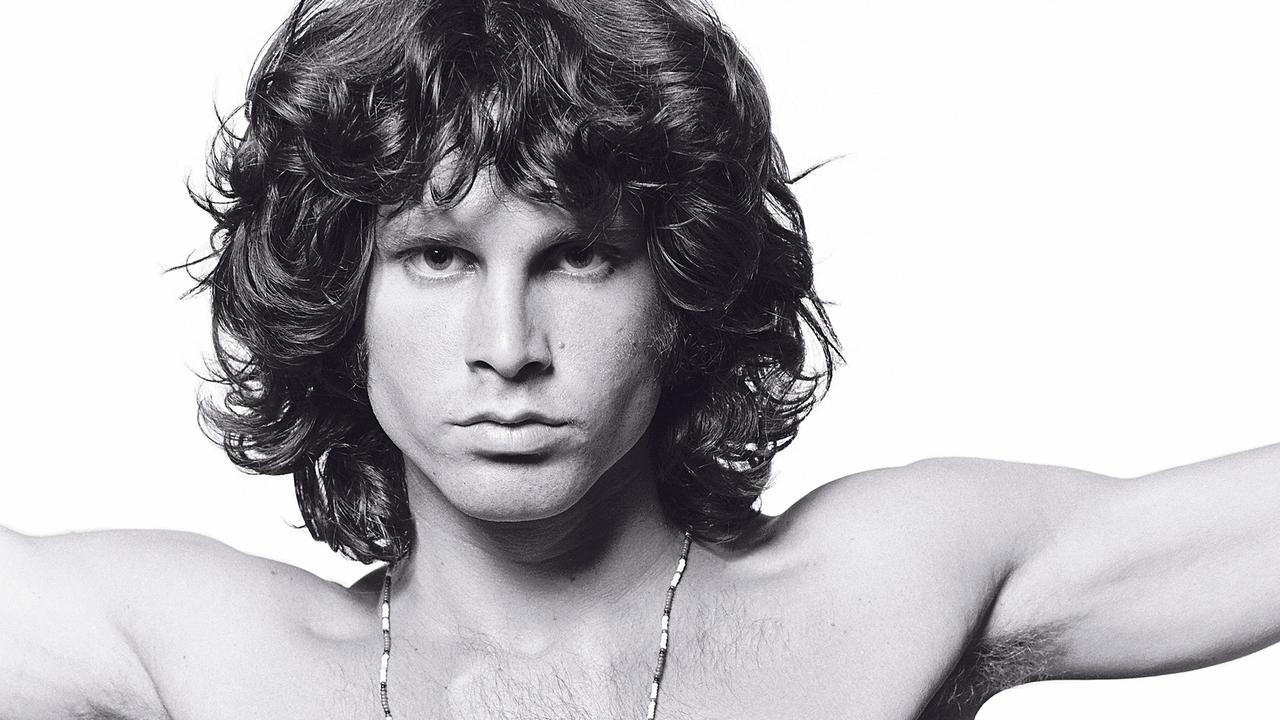Pianist Stephen Hough: satisfying journey to the unexpected
Pianist Stephen Hough has the ability to connect with the innermost fibre of a composer.

Few pianists have such strong intellectual powers as Stephen Hough.
The first thing one notices about his playing is the vice-like grip of his mental concentration, shutting out anything that has no place within the music’s logic.
But it would be wrong to suggest Hough’s musicianship is purely cerebral.
Although he remains impassively still throughout his performances, he has the ability to connect with the innermost fibre of a composer, whether this consists of journeys into the soul or the search for beauty.
In Schubert’s Piano Sonata No 14, D784, it was all about the darkest torment.
Hough brought out its bare, empty silences tellingly and emphasised the first movement’s plodding heaviness, making it almost resemble a death march. His interpretation spoke only too painfully of a composer who at the time was suffering his first bout of syphilis, the disease that ultimately was to kill him.
The tendency can be to overplay this sonata’s sharp contrasts, in which gentle strains of melody are sliced in pieces by violent chords that come as if from nowhere. But Hough kept a sense of singing line throughout, making it sound like Schubert, not Liszt. Hough takes us to some unexpected places in this concert program. Next comes Franck’s Prelude, Chorale and Fugue, a piece of baroque antiquarianism that Hough distils supremely well, all the way to its magnificent cathedral-like peals of bells.
At one point in a succession of gossamer-light arpeggios, he reaches across with his left hand to brush the melodic notes, as if with a feather duster.
Hough’s newest composition, Sonata No 3, Trinitas, has one guessing all the way through.
Strangely, he read this from music rather than from memory, as in the rest of the program, but it was the work’s eclectic styles that took one by surprise.
With 12-tone, romantic and jazz elements, it finally discloses itself as a work of Catholicism by way of quoting the Nicaea hymn.
A concluding selection of Liszt — from his Valses Oubliées and Transcendental Studies — began impishly but finished with some satisfying melodramatic pounding and thumping.
One hoped for more. But a succession of encores made up for that, including a hilarious rumba version of Waltzing Matilda that brought the house down.
Stephen Hough, piano
Musica Viva. Adelaide Town Hall, April 14.
Tickets: $30-$140. Bookings: 1800 688 482. Sydney April 18, Melbourne April 19, Newcastle April 21, Hobart April 23, Brisbane April 26, Canberra April 28, Melbourne April 30, Perth May 2, Coffs Harbour May 6.


